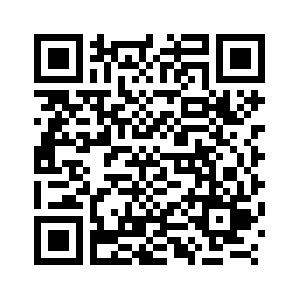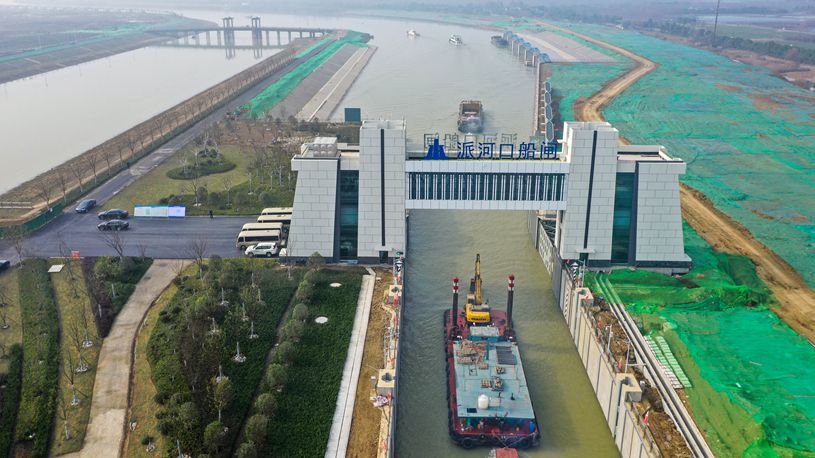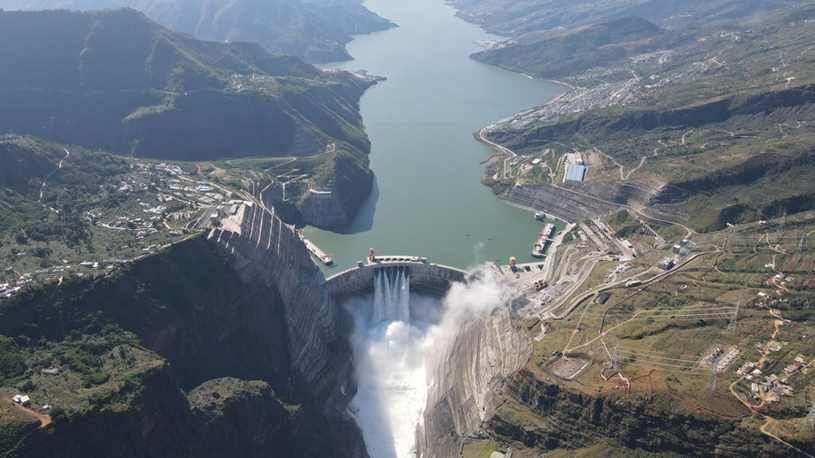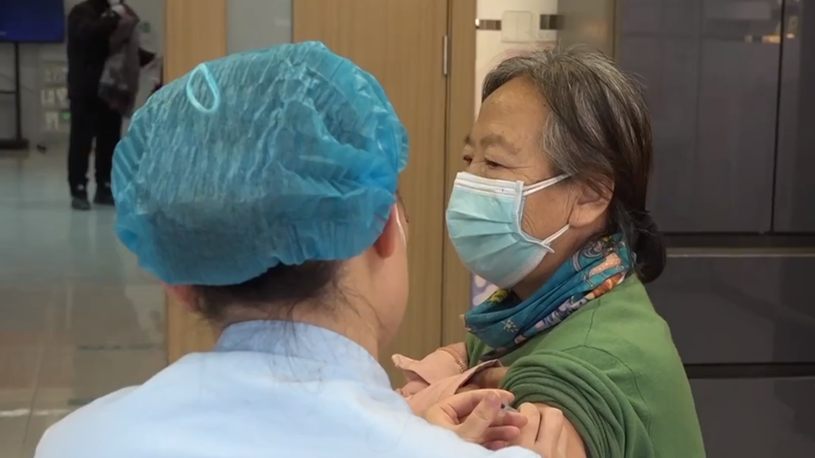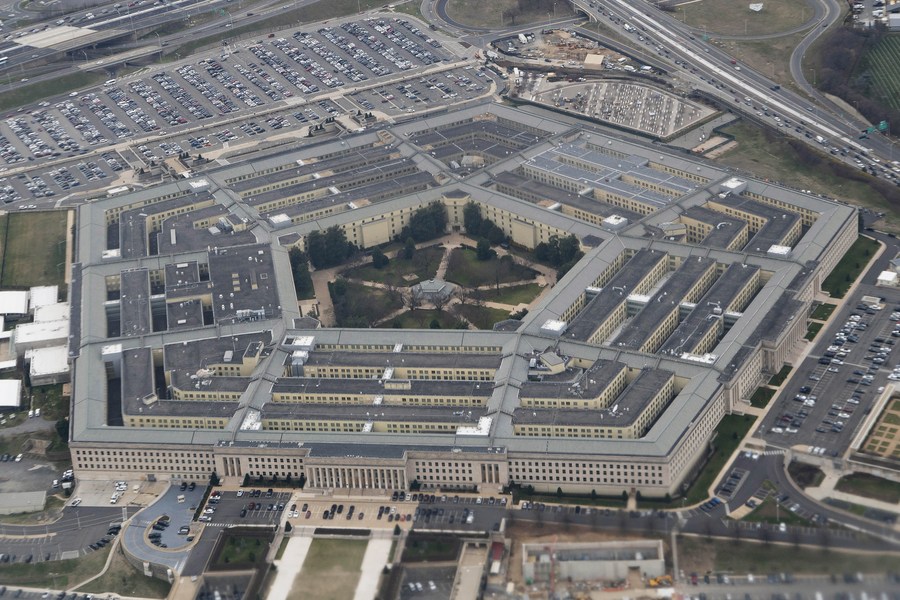
Photo taken on Feb. 19, 2020 shows the Pentagon seen from an airplane over Washington D.C., the United States. (Xinhua/Liu Jie)
Cihat Yayci, a retired Turkish admiral known for his expertise in naval geopolitics, emphasized that the United States controls 336 biological laboratories in 30 countries, noting that they pose global threats if used for military purposes under special services.
ISTANBUL, Jan. 7 (Xinhua) -- The international community should unite against and launch a comprehensive investigation into the military biological laboratories run by the United States in many parts of the world as the threat is immense, a prominent Turkish security analyst said.
"All nations must unite to establish an international organization and openly and transparently audit them because the danger is significant," Cihat Yayci, a retired Turkish admiral known for his expertise in naval geopolitics, told Xinhua in a recent interview.
Yayci emphasized that the United States controls 336 biological laboratories in 30 countries, noting that they pose global threats if used for military purposes under special services.
"COVID-19 might be over, but other menaces are likely to occur. As far as we have seen, some data suggest other (biological) threats have lurked behind the scene," said Yayci, adding that the world might see such threats become acute through insect vectors, migratory birds dispersing dangerous infectious diseases and biological agent targeting selected ethnic groups.
"That's why all nations and the United Nations should act together," he said.
According to the Turkish analyst, the United States has been concentrating on producing genetic weapons since the early 20th century and the technology has become competent in this field in the 21st century.
U.S. intelligence agencies have been actively using almost every opportunity to develop genetics science since the 2000s. James Clapper, former director of National Intelligence of the United States, also stated that genetics could be among the weapons of mass destruction in the future, according to Yayci.
The Turkish analyst stressed the importance of establishing an independent international organization to launch an investigation into the U.S. laboratories as the United States, one of the five permanent members of the UN Security Council with veto power, could exert its influence on the process if the probe is within the UN system.
Yayci cited the example that Washington threatened to withdraw from the World Health Organization (WHO) as the COVID-19 pandemic was gripping the globe in July 2020.
Such behavior hampered the WHO efforts during one of the world's worst pandemics and disabled the essential organ of the United Nations, he said. ■
